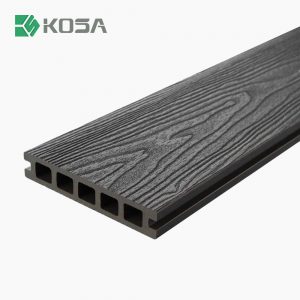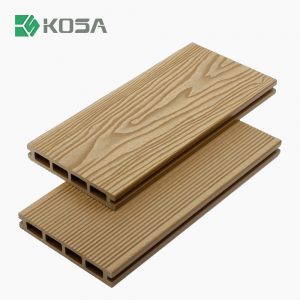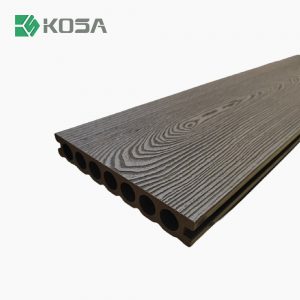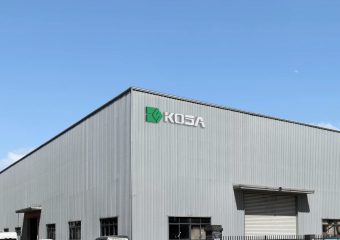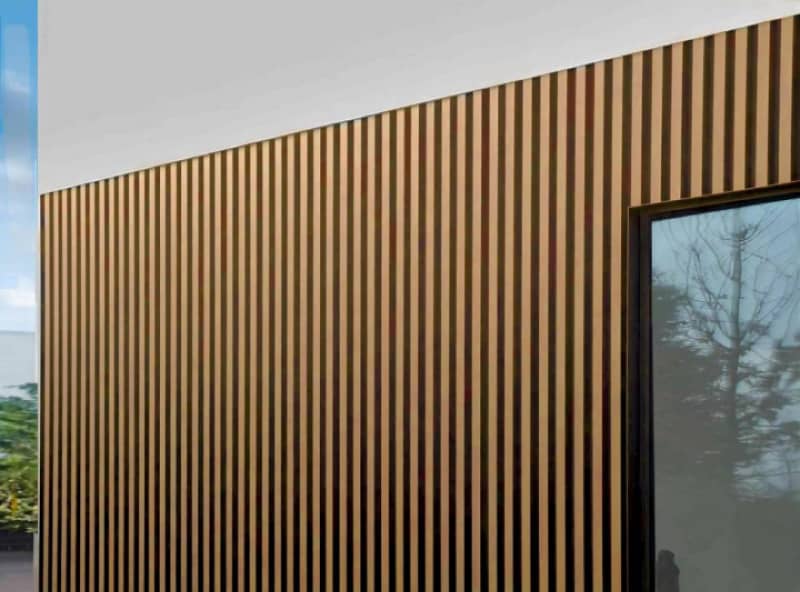
It’s a common question when choosing a cladding material for a building. Composite cladding or WPC wall panels and PVC wall panels each have their own advantages and disadvantages.
Composite cladding is generally known for its durability and low maintenance requirements. It resists fading, cracking, and warping over time. It also offers a more natural look, similar to wood, which can enhance the aesthetic appeal of a building. However, it tends to be more expensive upfront.
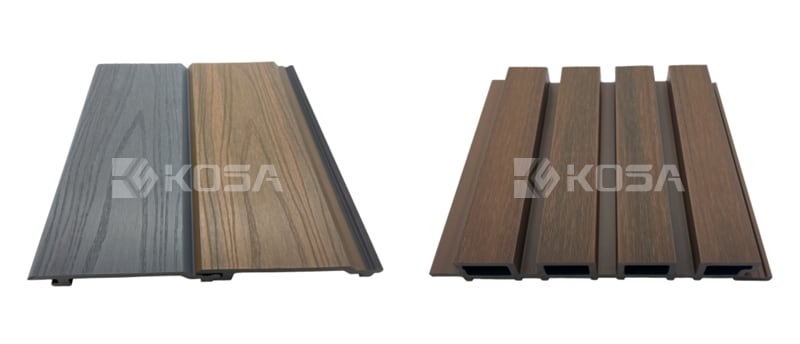
On the other hand, PVC cladding is a cost-effective option. It’s lightweight, easy to install, and more affordable. It’s also resistant to moisture and rot. But it may not have the same durability as composite cladding and may show signs of degradation more quickly under certain conditions.
The choice between the two depends on a variety of factors, such as your budget, the aesthetic you’re after, and local climate conditions. For example, if you’re on a limited budget but still want a decent cladding option, PVC may be suitable. However, if you’re looking for long-term durability and a more natural look, composite cladding may be a better choice, especially in areas with severe weather.
Therefore it’s important to carefully consider your specific needs and circumstances before making a decision.

